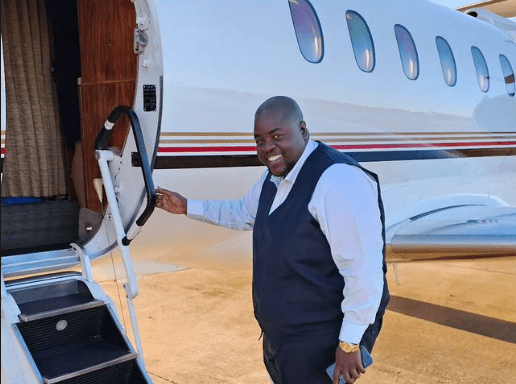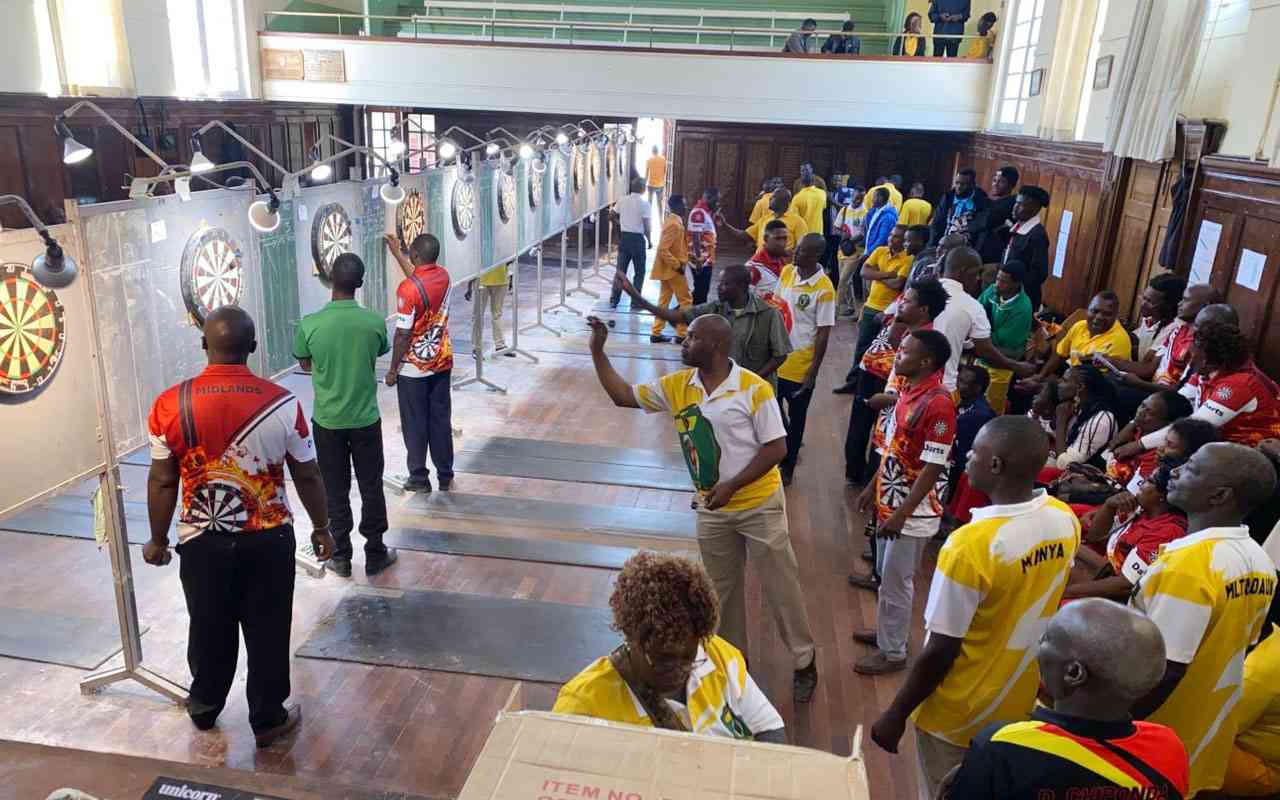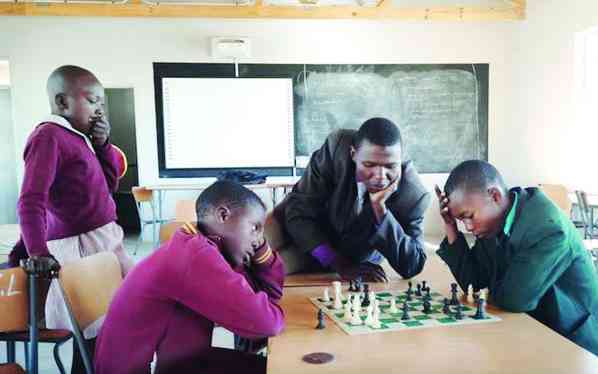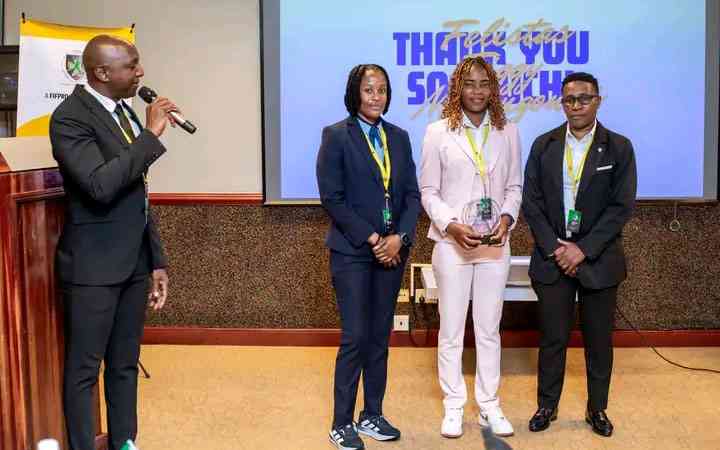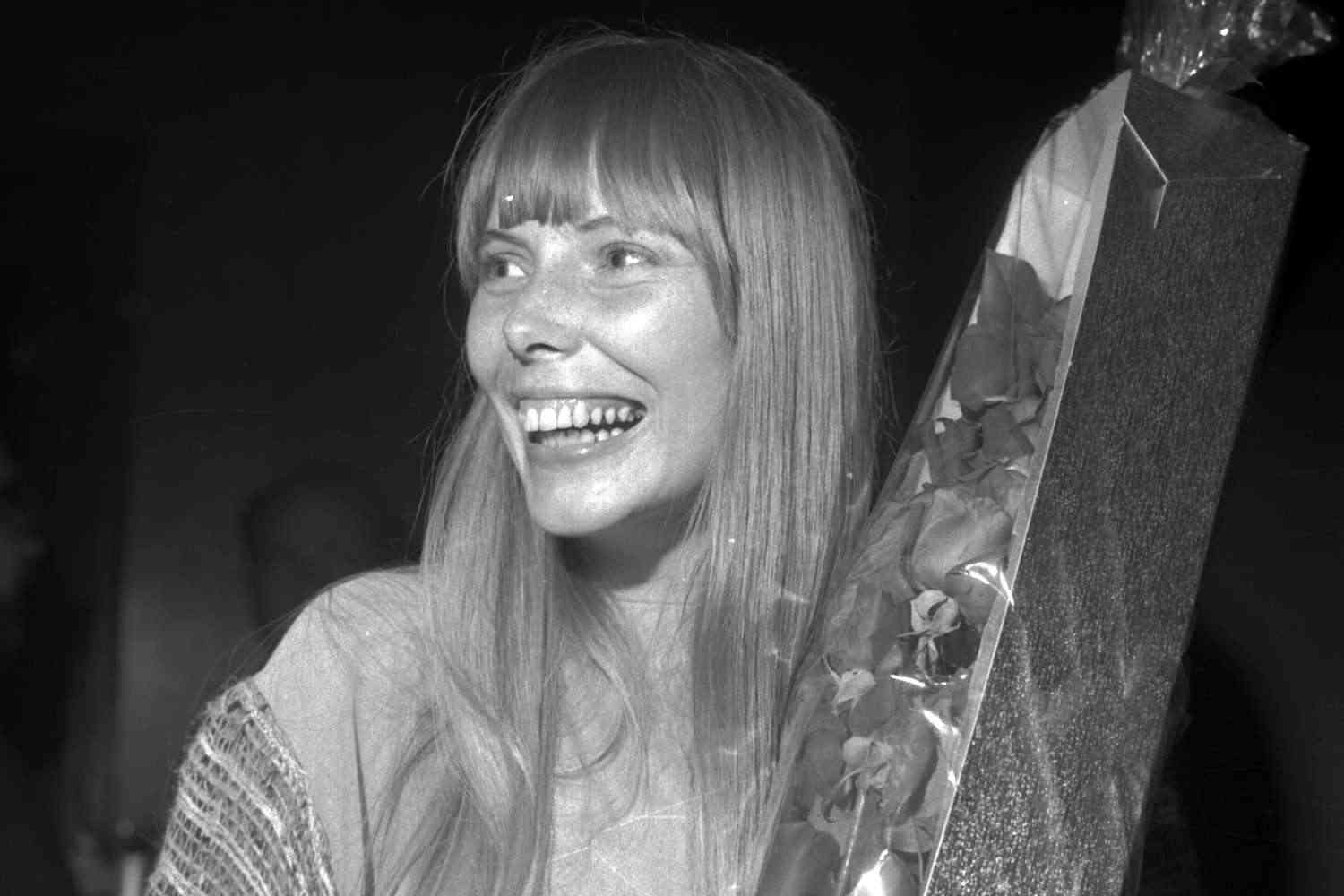
IN 1968 Joni Mitchell had a hit song called ‘Both Sides Now’ where she sang “I’ve looked at clouds from both sides now, from up and down, and still somehow it’s cloud illusions I recall; I really don’t know clouds at all.” The song went on to look at love from both sides (“Tears and fears and feeling proud to say “I love you” right out loud; dreams and schemes and circus crowds, I’ve looked at life that way”) and then life (“I’ve looked at life from both sides now, from win and lose and still somehow it’s life’s illusions I recall.
"I really don’t know life at all”). She once stated in an interview that these different sides to many things basically come down to “reality and fantasy, enchantment and disenchantment, what we’re taught to believe things are and what they really are.”
When it comes to sport, we can equally say there are two sides, not simply in the literal sense of two sides competing on a field. We tend to define sport as either amateur or professional.
Many years ago, the description of someone being an amateur in sport was held up as a high commendation (they did it for the love of the game) while those who were deemed professional were considered to be the outsiders (they did it for money). Nowadays, however, if we use the word ‘amateur’ we are implying they are of a lesser standard in terms of ability and attitude, while the adjective ‘professional’ is meant to indicate a thorough, dedicated, ambitious approach to the task in hand.
Just as Joni Mitchell states with reference to life, as sport is often a reflection and metaphor of life, so school sport may well also be about “reality and fantasy”. Much of what is proposed by coaches is in truth pure fantasy; the promises are mere dreams, unfounded, unsuitable and unrealisable.
They make it sound like fairy stories which always have happy endings. They are full of schemes and tactics to bolster their reputation. They propose that the crowds (circuses, really) are what will bring fulfilment (without recognising they are the ones to turn on the players at the slightest opportunity). They really do not know school sport at all. They have not looked at school sport from both sides.
It is also fair, and true, to say that school sport is about “enchantment and disenchantment”. Coaches have looked at life “from win and lose” but it remains an illusion; they still do not get it!
They, in their apparently professional mindset, do not understand that winning and losing are both pros, in fact, for all that can be learned from them. There are cons to them, sure, as we have considered in previous articles (contest must be seen in context, for example) but there are pros that relate closely to school sport.
- School of sports: Pros and cons
Keep Reading
The first pro is that it is much more about progress than prowess; we are, after all, educating all children, not just the chosen few who are talented and who succeed. It is also about provision, giving them a vision for sport, not simply providing them with certain skills.
It is about probation, a waiting, supervising, learning, testing period. It is about proceeding, to the next level, at the right time, in the right manner. It is about protection, not just of their physical safety but their whole person.
In contrast it is worth pointing out that the cons to the pros are when we see school sport as being about profiteering, promotion, propaganda, prostitution, provocation, production. There are pros and cons to the pros.
There are indeed also two sides to sport in “what we’re taught to believe things are and what they really are”.
Coaches seek to teach that it is all about winning, being undefeated, doing whatever it takes to win; that is not what school sport really is about. We cover up the truth with platitudes.
While it is true that there are pros and cons to school sport it is perhaps equally true to say there are pros and cons in school sport – there is a subtle, almost unnoticed difference there.
There are too many professionals in school sport who think that school sport is professional. Equally there are many cons in school sport who try to fool youngsters into believing their illusions (or delusions) of grandeur.
The pro is often the con in school sport; they have their heads in the clouds, where they can see nothing at all. We all (coaches, parents, spectators, schools) need to look at school sport from both sides now, from the children’s side much more than our own side. We will find this is not an illusion but a reality. School sport is for education; the sooner we learn that, the better.
Tim Middleton is a former international hockey player and headmaster, currently serving as the Executive Director of the Association of Trust Schools Email: [email protected]

